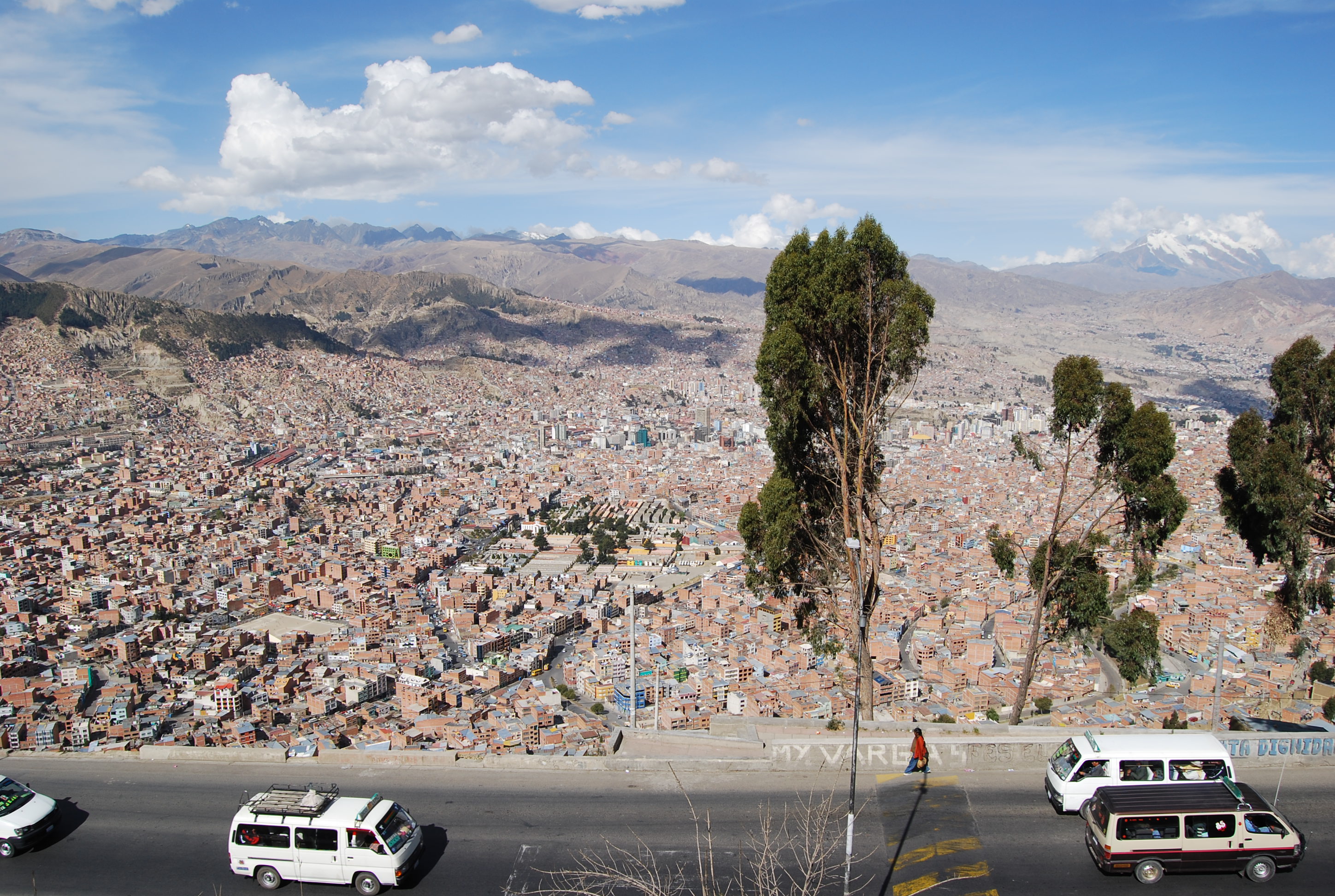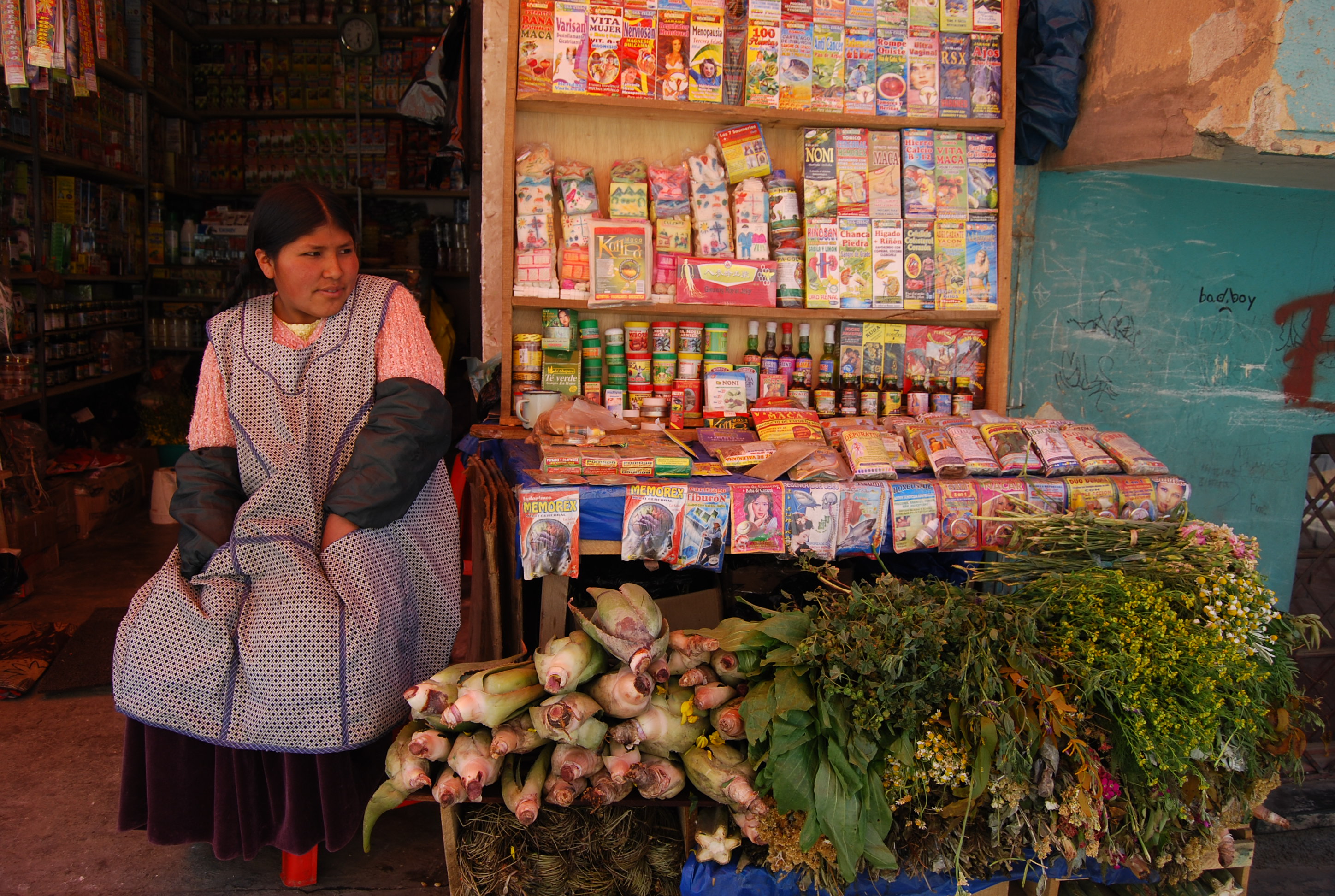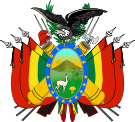Bolivia - Second National Communication
Project Overview
The creation of a National Communication offers countries the opportunity to contribute with technically sound studies and information that can be used for designing mitigation and adaptation measures, and project proposals that can and will help increase their resilience to the impacts of climate change. Activities generally include: V&A assessments, Greenhouse Gas Inventory preparation, Mitigation Analysis or Education, and awareness raising activities.The ultimate goal is the integration of climate change considerations into relevant social, economic and environmental policies and actions.
Key vulnerabilities identified in Bolivia's Second National Communication (2000):
- Water resources
- Public Health
- Agriculture and Food Security
- Ecosystems and Wetlands
- Energy
Project Details
Potential adaptation measures identified in Bolivia's Second National Communication (2009):
Water Resources
- Drilling of water wells
- Expansion of the water treatment plant, on the highlands and also the plant’s wastewater treatment Puchukollo.
- Construction of a Dam that can provide water to a city like Cochabamba, located in the central of Bolivia
- Build a second dam of large capacity that will provide services to the city of La Paz
- Watershed Management
Health
- Health Programs
Agriculture and Food Security
- Irrigation Projects
- Rehabilitate and rebuild the infrastructure and productive systems affected by natural disasters caused by El Niño and La Niña
Energy
- Promote the use of natural gas vehicles aimed at changing the country’s energy matrix
- The Light Bulbs Program driven to improve the efficiency of energy use in the country, with the free distribution of 7.9 million light bulbs, which could save up to 30% in electricity consumption.
- The hydropower program, which encourages greater use of renewable resources has begun implementing six large hydro plants in the next 10 years years
Key Results and Outputs
- Sustainable development and the integration of climate change concerns into medium- and long-term planning
- Inventories of anthropogenic emissions by sources and removals by sinks of greenhouse gases
- Measures contributing to addressing climate change
- Research and systematic observation
- Climate change impacts, adaptation measures and response strategies
- Education, training and public awareness
Reports and Publications
Assessments and Background Documents
Bolivia Second National Communication, 2009 (English)
Bolivia Second National Communication, 2009 (Spanish)
Monitoring and Evaluation
In 1992, countries joined an international treaty, the United Nations Framework Convention on Climate Change, to cooperatively consider what they could do to limit average global temperature increases and the resulting climate change, and to cope with whatever impacts were, by then, inevitable.
Parties to the Convention must submit national reports on implementation of the Convention to the Conference of the Parties (COP). The required contents of national communications and the timetable for their submission are different for Annex I and non-Annex I Parties. This is in accordance with the principle of "common but differentiated responsibilities" enshrined in the Convention.
The core elements of the national communications for both Annex I and non-Annex I Parties are information on emissions and removals of greenhouse gases (GHGs) and details of the activities a Party has undertaken to implement the Convention. National communications usually contain information on national circumstances, vulnerability assessment, financial resources and transfer of technology, and education, training and public awareness.
Since 1994, governments have invested significant time and resources in the preparation, collection and validation of data on GHG emissions, and the COP has made determined efforts to improve the quality and consistency of the data, which are ensured by established guidelines for reporting. Non-Annex I Parties receive financial and technical assistance in preparing their national communications, facilitated by the UNFCCC secretariat.






